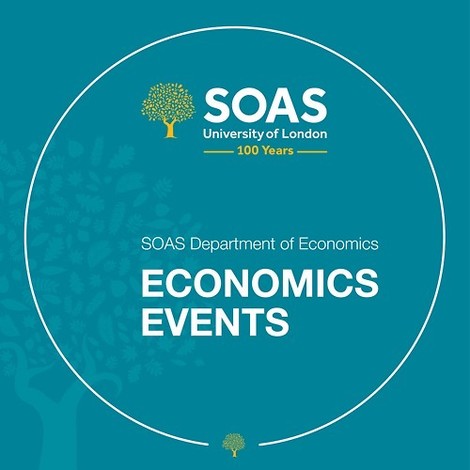Your podcast discovery platform
Curious minds select the most fascinating podcasts from around the world. Discover hand-piqd audio recommendations on your favorite topics.

piqer for: Boom and bust Deep Dives Global finds Globalization and politics
Will Kherbek is the writer of the novels Ecology of Secrets (2013) and ULTRALIFE (2016), both published by Arcadia Missa. His Ph.D. was granted by the University of London in 2014. In 2018, the poetry collections 26 Ideologies for Aspiring Ideologists (If a Leaf Falls Press) and Everyday Luxuries (Arcadia Missa) were published. Kherbek is also the writer of the essay "Technofeudalism and the Tragedy of the Commons" (2016) which appeared in the debut issue of Doggerland's journal. The essay considers the role of information in the writing of the Nobel Prize winning economist, Elinor Ostrom, in relation to the concept of the "tragedy of the commons" as formulated by Garrett Hardin. He has written about high frequency trading and finance for the award-winning German language publication, BLOCK, and has consulted and appeared at events with the conveners of the Alternative School of Economics and Rabbits Road Institute in London. His art journalism has appeared widely in publications including Flash Art, Spike Magazine, MAP Magazine, Berlin Art Link, Rhizome.org, and others.
The Legacy Of Edith Penrose, Philosopher Of The Firm
Edith Penrose's name might not be known to many people outside of the rarefied world of 'theory of the firm' economics, which examines the ways in which companies perform and are structured. Penrose's classic work, The Theory of the Growth of the Firm (1960), remains one of the most cited texts for those who write about management and the forms of corporations. In this podcast, Professor Rita Gunther McGrath, a professor at Columbia School of Business, considers the ways in which Penrose's ideas can be adapted to the digital economy. McGrath focusses on three key areas: how digitalisation has changed notions of growth, how networking effects have affected models of firms, and how the notion of an asset has changed in business models in the digital economy.
McGrath is an excellent storyteller and uses the stories of Adobe and The Dollar Shave Club to illustrate her points about the way firms sometimes perform in Penrosean ways in the digital economy, and how they do not. The Dollar Shave example is particularly interesting in that it centres on her third point, that companies can now use resources that they do not own as fundamental features of their business model. Without, for example, Youtube, Facebook, and Amazon, the rise of The Dollar Shave Club would have been very unlikely, but what does this mean for constructing a theory of how a firm will function in the 21st century? McGrath is quite clear that the phenomena she identifies are not ephemeral developments. The podcast concludes with a question and answer session including reflections on the future of education, the rise of data monopolies and questions about the way IPOs function in relation to long-term firm performance. McGrath offers a panoramic perspective of a global economy in transition and a clear-eyed assessment of the ways in which firms behave and misbehave. Essential listening for anyone interested in how companies, and the economies made up of them, will evolve in the future.
